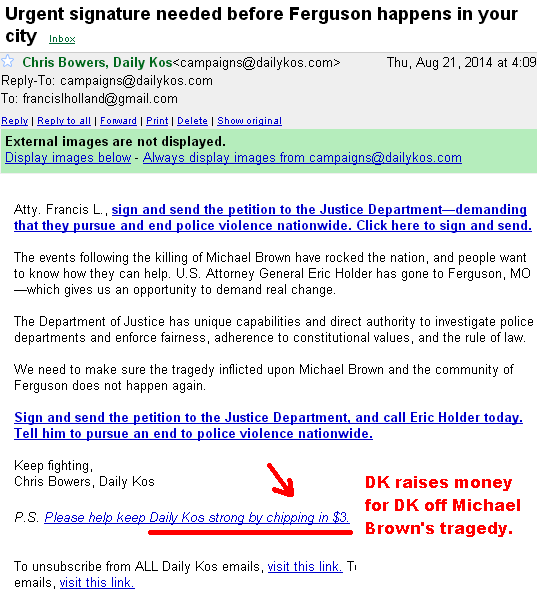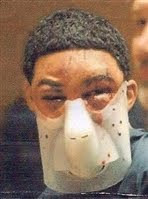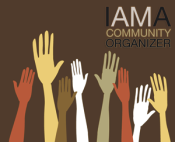A simple formula explains oppressive, brutal and violent police behavior: The cost of abuse is low (virtually 0% chance of punishment equals almost certain impunity) while the rewards for oppression are high, because oppression
IS THE JOB. Police oppress and society ratifies the oppression by continuing to pay individual officers.
Pedophile priests do not rape little boys because the priests lack training. They rape little boys because the priests are pedophiles and because they work within an organization that accepts, defends and rewards their behavior, for example, by relocating priests after they have raped boys to a new location where no one will suspect the danger and their pedophilia can continue unabated.
Pedophile priests do not rape children in spite of training. They rape children because the church permits them to do so and because their practical training tells them that there will be no consequences and may even be rewards for their behavior. Relocating a pedophile is a reward and reinforcement that encourages and enables pedophiles to continue.
Likewise, police who engage in oppression within the community are not doing so
in spite of what they are taught. They are doing so
because of what they are taught.
The United States has the largest prison population in the world, exceeding that of China even though China's population is four times larger than that of the United States. Half of the United States prison population is Black.
Police can arrest people, but they cannot charge them, sentence them or imprison them. Society ratifies the behavior of police officers when prosecutors, judges and juries and prison wardens or corporations each play their role in the oppression of the imprisoned. Police behave as they do because they are part of an institutional approach to Black people that says that Black people should be in jail. Likewise, the slave catchers of the antebellum period were not rogue men of evil. They were supported by the national Fugitive Slave Act and by a finely woven network of state and federal laws and customs intended to subjugate and maintain the oppressed role of Blacks.
Slave overseers were not brutal because they were poorly trained. They were brutal because it was a function of their job, with the goal of breaking the slaves' temptation to resist.
Lack of training is often called the problem in police brutality cases, but that like saying that bank robbers rob banks because they are poorly trained criminals. Many videos show police officers engaging in behavior that any member of the public with no police training at all immediately understands is beyond the pale.
The skin color of the victims of police brutality is also important, although class counts as well. When my mother went on talk radio to discuss police brutality in our city, we found many whites who reported brutality as well. However, if whites were abused at the rates that Blacks were, there would have been a hue and cry far larger than actually occurred. Sometimes, low-income whites are the victims of police brutality, but not nearly on the scale that Blacks are.
Many Blacks are in jail simply because the police, once having beaten the hell out of a suspect, then charge the suspect with resisting arrest and assaulting an officer, in order to justify the police's own brutal and outrageous behavior.
The only way for oppressed people to decrease police brutality is by increasing the cost of this behavior both for the individual police officers involved and for society as a whole. In the nineteen-sixties, riots were a mostly unsuccessful attempt to increase the cost of police brutality, as they were often set off by outrageous examples of police behavior. Today, it is not clear what efforts are being made to increase the cost of systemic police brutality for the individual officers who do it for for the society that supports, underwrites and ratifies the behavior of individual officer.
In the current atmosphere of virtual impunity for police officers and the society they represent, the cost of police brutality still does not exceed the perceived benefits in terms of subjugation and oppression of discreet minorities such as Blacks and Latinos.







